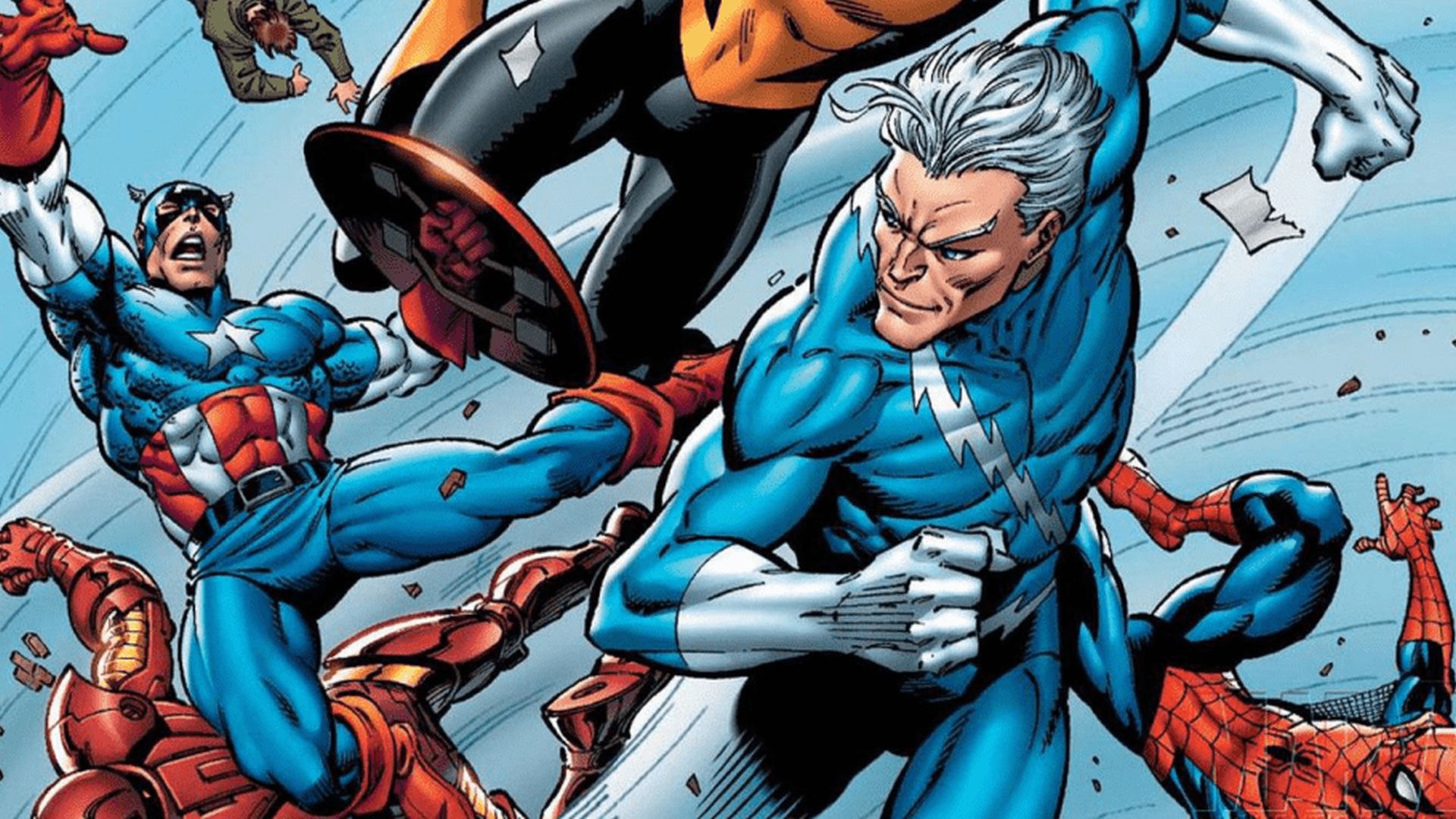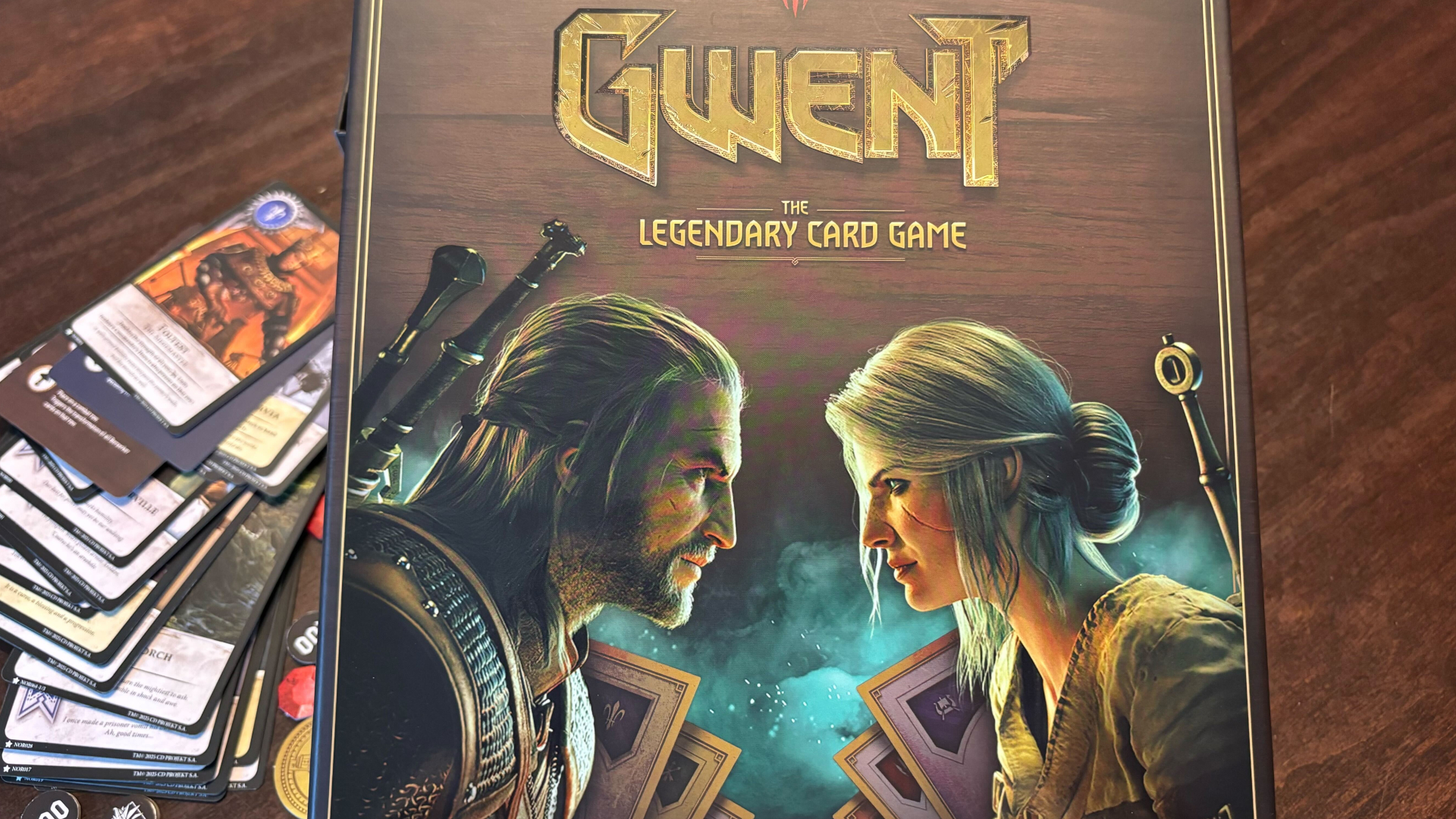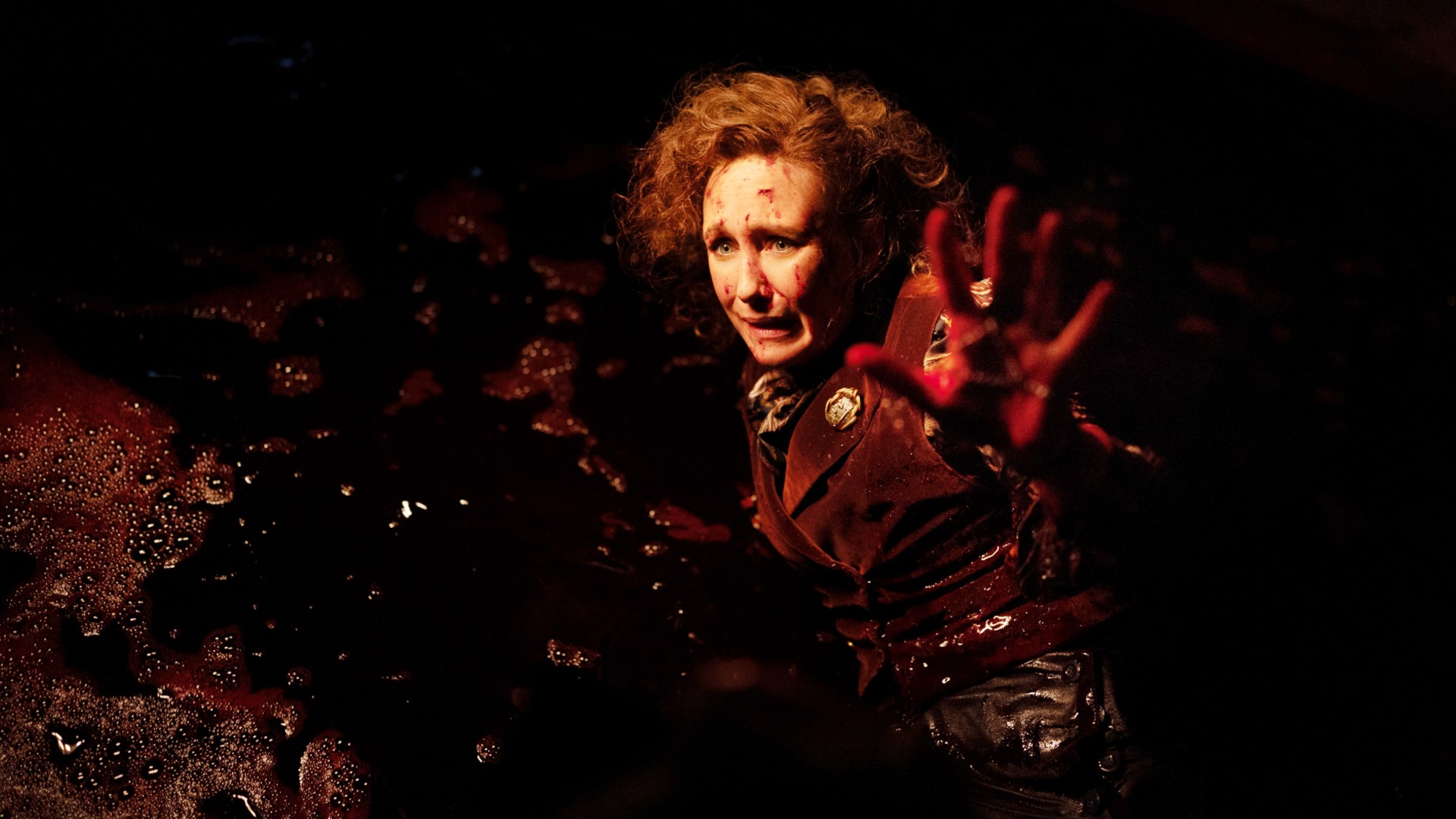
With the release of Marvel Snap, game director Ben Brode has outlined the one tiny change the team made to allow them to do away with a card game staple.
'The Mulligan' has long been a key part of physical and digital card games. The rule only comes into effect before the first turn, where players were originally allowed to redraw a sub-optimal opening hand with one fewer card than before. In digital card games, the Mulligan has been adapted to allow players to redraw as many cards as they like from that first hand.
When we were first developing @MARVELSNAP - we wondered if we could do away with a card game staple: The Mulligan. Obviously we did, but early testers hated it. We changed their perception with a single change to 1 card. 🧵October 25, 2022
Brode - who led the development of Hearthstone for several years - says that early in Marvel Snap's development, the team looked into whether they could get rid of the Mulligan. The focus of Snap is deckbuilding, but its decks are tiny compared to Hearthstone or Magic: The Gathering. Brode points out that that limits the amount of variance of each game - a key factor in what makes card games fun - so to ensure that there could also be variance in each player's starting hand, the Mulligan was done away with.
That didn't go down well. Brode claims that "every time we invited a new player to our early tests, the first piece of feedback we got was 'I wish there was a mulligan; I hate not having anything to do on turn one'." Hearthstone had had a similar problem, apparently, which led to the development of its Hero Powers, to make sure players could take actions in early turns. Snap doesn't play like Hearthstone, where early board control can have enormous ramifications for the rest of the game, but the Mulligan feedback persisted.
There's no "tempo" in Snap. You don't "lose board control" by not playing a card early. It might not be the best, but you're certainly not doomed. But this feedback about having nothing to play on turn 1 was so frequent, we knew it would be an issue.October 25, 2022
In the end, one single change solved the issue. Quicksilver is a relatively weak, one-cost card that always starts the game in your opening hand. After the Snap team decided to move him into the default starting deck, Brode says "immediately, the mulligan feedback dried up." Players who eventually swapped Quicksilver out for something new were making that choice for themselves, risking a bad opening hand for the promise of something better. Crucially, however, it was their choice, not something the game had pushed on them.
It's a slightly ignominious fate for Quicksilver, but it does at least make him a little more relevant than his recent on-screen appearances. Imprisoned and later killed in the MCU, he's little more than a side character in Fox's X-men quadrilogy. Wandavision made his character a little more interesting, but he's still very much in the shadow of his sister, Scarlet Witch. Now, forced into the hands of every Marvel Snap player, perhaps he'll finally get the fame he deserves.
Want something a little more physical? Here are the best card games out there.
Weekly digests, tales from the communities you love, and more

I'm GamesRadar's Managing Editor for news, shaping the news strategy across the team. I started my journalistic career while getting my degree in English Literature at the University of Warwick, where I also worked as Games Editor on the student newspaper, The Boar. Since then, I've run the news sections at PCGamesN and Kotaku UK, and also regularly contributed to PC Gamer. As you might be able to tell, PC is my platform of choice, so you can regularly find me playing League of Legends or Steam's latest indie hit.


